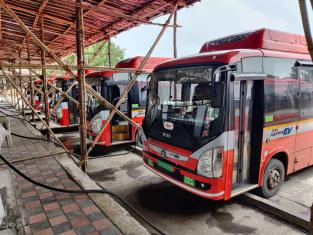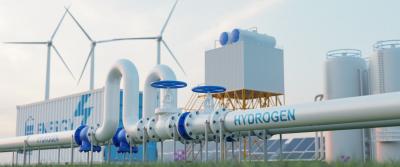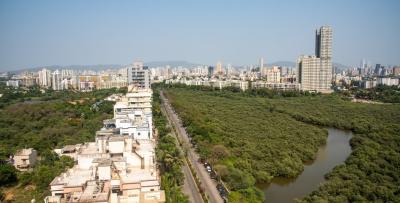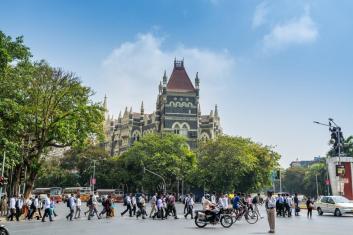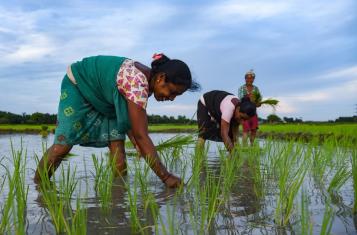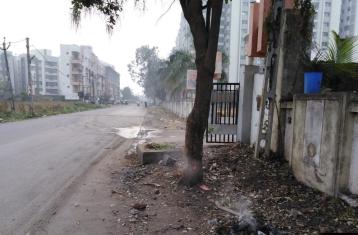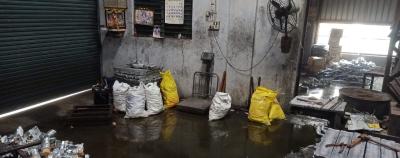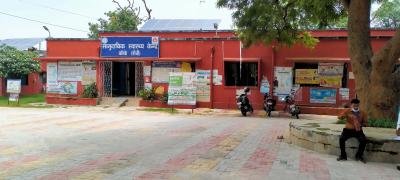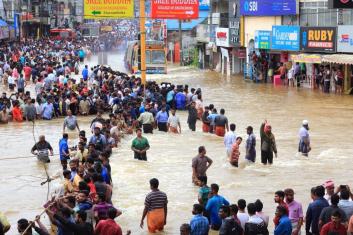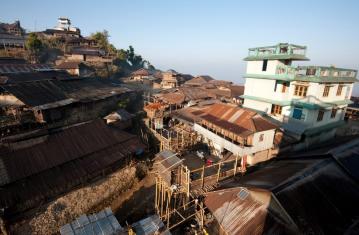Blogs
The blogs are part of WRI India’s mission to provide unbiased, expert analysis on the most important environmental issues facing the world today.
In today’s rapid-fire, fragmented information culture, we hope these insights will provide a measure of clarity to decision-makers worldwide.
-
Exploring Payment Security Mechanism for E-Bus Expansion
by and -India’s public transport landscape is rapidly transitioning from conventional Internal Combustion Engine (ICE) buses to electric buses (e-buses). The country’s aspiration to decarbonize road transport by scaling-up adoption of e-buses has been bolstered by the PM-eBus Sewa Scheme. Announced by the Ministry of Housing and Urban Affairs (MoHUA) in August 2023, the scheme aims to deploy 10,000 e-buses across 169 eligible small and medium cities through central financial assistance. With over 16,000 buses...
-
Key Criteria Influencing Hydrogen Hub Development
by and -The second blog of our two-part blog series focuses on the key elements that drive the successful establishment of hydrogen hubs. You can read the first blog in the series here.
The previous blog of this two-...
-
Pathways to Resilient Cities: The India Forum for Nature-based Solutions
by and -Improperly planned cities adversely impact the economy and the environment with the most vulnerable facing the brunt of the outfall. Extreme weather events and climate hazards are experienced very differently by different people and communities, depending on a range of social, economic, political and cultural factors. Research shows that historically marginalized communities like women, minorities, certain castes and classes, and marginal farmers, are much more likely...
-
Decoding Subnational Climate Budgeting in Mumbai and Maharashtra
by , and -The Brihanmumbai Municipal Corporation (BMC) recently launched Mumbai's first-ever climate budget for the year 2024-25. This makes it the first urban local body in the country and fourth globally, after Oslo, New York and London, to have launched a climate budget. While Mumbai, has been expanding and institutionalizing their...
-
Climate-proofing Assam: A Data-driven Approach
by , and -India’s journey towards a sustainable energy transition is gaining momentum; however, it is crucial to ensure that vulnerable states and regions are not left behind. Frequented by floods, earthquakes and landslides, the state of Assam is particularly vulnerable to the impacts of climate change. According to a 2021 report, 24 of its 27 districts were classified as vulnerable to climate change. As of July 8 this year, 72 people have...
-
Combating Open Waste Burning to Reduce Air Pollution
by , and -Air pollution is a major environmental and health concern globally. In India, 1.67 million deaths were attributed to air pollution in 2019. Various sources such as vehicular and industrial emissions, dust from construction and roads, and open waste burning contribute to air quality deterioration.
Municipal solid waste burning contributes significantly to air pollution, releasing harmful particulate matter (PM2.5 and PM 10), carbon monoxide and other non-methane,...
-
Indian MSMEs Need to Embrace Climate Adaptation for Survival
by , , and -Industries around the world are increasingly undertaking climate change mitigation by reducing the carbon footprint of their operations and supply chains. However, many climate change impacts are inevitable and add to the vulnerability of industries, especially Micro, Small and Medium Enterprises (MSMEs). MSMEs contribute 29% to India’s Gross Domestic Product (GDP), employ over 110 million workers and play a crucial role in shaping the country’s social and economic landscape. Their vulnerability to...
-
Data-driven Planning for Powering Healthcare in Jharkhand
by , and -India is the world’s fifth largest and fastest growing economy. Its energy demand is likely to account for a quarter of the global energy demand over the next 20 years. The state of Jharkhand, the powerhouse of the country for the last few decades, faces significant reliance on coal-related incomes. As it faces the intertwined challenges of climate change and...
-
Towards Climate Resilience: A Streetside View
by -In December 2023, the floods in Chennai and neighboring districts of Tamil Nadu wreaked havoc on the lives and livelihoods of thousands of people. However, Tamil Nadu is not the only state to be impacted by the rising hazards of climate change. Cities across India continue to grapple with the crisis. By 2030, 40.76% of India’s population is expected to reside in urban areas. To meet this pace of urbanization, a lot more public infrastructure will have to be added to our cities. As...
-
Enabling Development in Nagaland: The Case for Energy Access Explorer
by , and -Socio-economic development and human well-being are intrinsically linked to shifts in energy access. Of the 169 targets set under the Sustainable Development Goals (SDGs) framework, 125 are linked to energy access. Global electricity access improved from 84% in 2010 to 91% in 2021. Since 2017 near-universal access to electricity has been provided to 2.63 crore households across India. In Nagaland, 1,32,507 of 5,23,870 households have...

